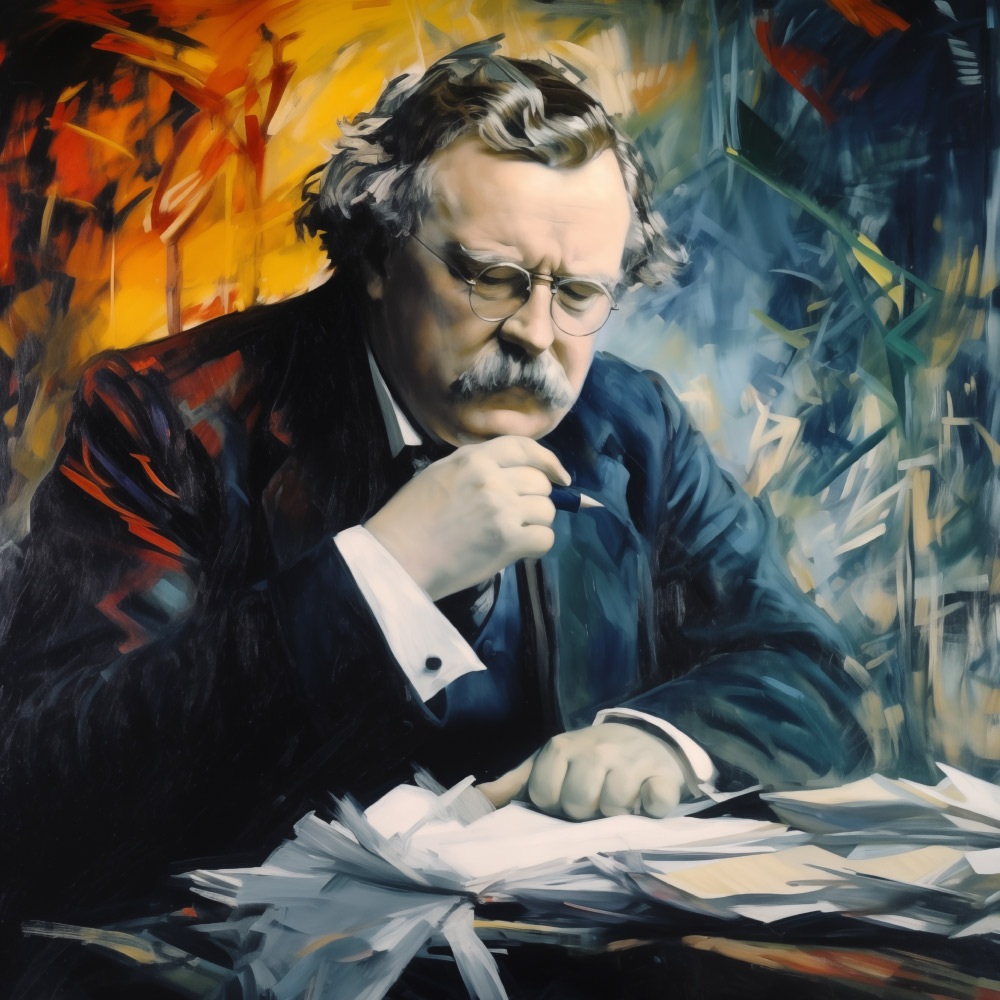Written by Church Leadership Center /
May 19, 2014
Savannah, Georgia is a beautiful city of gardens and cemeteries and parks. Our youngest daughter went to college in Savannah just as Midnight in the Garden of Good and Evil became popular in both book and movie versions. She even had a job for a summer working in one of the cemeteries, where she reset gravestones and restored family monuments. Some of them had been looted and reconfigured by General Sherman’s troops after his infamous Civil War “March to the Sea” from Atlanta to Savannah ravished many communities.
Sherman loved Savannah, however, and we could understand why. When platted in 1769, Savannah’s founders created four “squares” of public park space to enhance the social life of its residents. As the city grew, the “squares” multiplied to twenty-four, enhanced by other larger parkland areas and marvelously-crafted cemeteries. Today Savannah’s southern charm is enhanced by ghost stories and haunting sightings in its ancient buildings and sultry public places lined by Spanish moss hung oaks.
John Wesley preached his first sermons in the New World in the squares of Savannah, cementing the gospel link between gardens and cemeteries and parks. Today his image stands in bronze downtown, still crying out about eternity among those plagued by the fatal human disease of death and reminding us of Wesley’s leadership in lay discipleship and evangelistic preaching. Interestingly, the story of our race, according to the Bible, begins in a garden, ends in a park-like city, and is focused in between on a cemetery.
Gardens speak of well-sculptured horticulture and minimal human engagement. Friends walk through parks and gardens. Lovers stroll secluded paths, picking flowers for one another and hiding smooches from public view. Birders relish the quiet of muted breezes carrying fowl calls of the wild.
Cities, on the other hand, rush and roil, bump and burn, stomp and shout, push and pluck, and assault every sense all at once. Cities are made for crime, particularly if you read of their origins in Genesis 5. The sons of Adam and daughters of Eve who heard from their first parents of the delights of communion with God and one another, once ejected from the Garden of bliss tried to recreate the great societies by building cities! That solution didn’t work then, and rarely to the present have cities ever been agents of great grace.
And yet, it was to the city that rural Jesus came, when he brought home the divine message of salvation. And it was to the cities that Paul and others traveled with the Good News about Jesus. In fact, the word “pagan” originally meant “farmer” or “rural person” in Greek, only picking up its negative connotations when the cities of the Roman world had become “Christianized” by the fourth century, and those out in the country were left behind in the evangelization process.
Today the cities of our world cry for renewal. There are many social programs that seek to address small or great needs. But above all stands the call for the rebuilding of the City of Humanity into the City of God. Though the final design and construction will require another mighty act of God at the end of time, today we participate in the global quest through restoring communities of faith, redeeming social structures, and renewing urban blight into blessing. Training leaders to make these things possible is the work of CLC. And you. Partner with us.
 Special thanks to Dr. Wayne Brouwer for writing the above article. He is CLC’s theological editor, professor at Hope College, and adjunct professor at Western Theological Seminary.
Special thanks to Dr. Wayne Brouwer for writing the above article. He is CLC’s theological editor, professor at Hope College, and adjunct professor at Western Theological Seminary.
Latest CLC Articles
Ministry Learning Communities
Join one of our Ministry Learning Communities (MLC) that will equip you to live faithfully, building core competencies, and provide a path to more formalized leadership in the church.Church Lifecycle
Discover where your church
currently is in it's lifecycle







